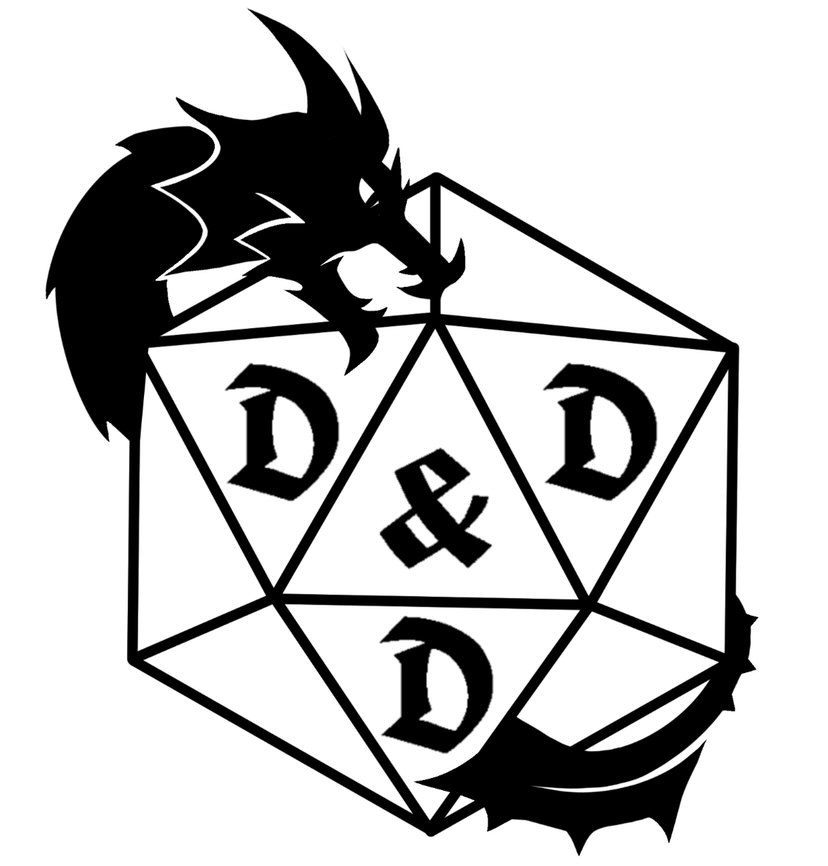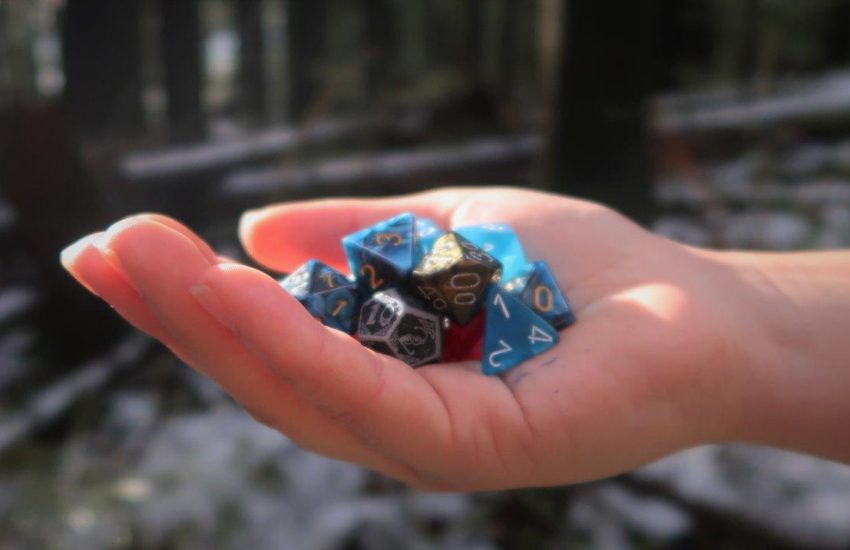As a DM, I know the importance of Session Zero.
As a player, I know just how boring it can be.
Session Zero, AKA the first time a D&D group gets together to iron out house rules, create characters, and discuss the possibility of homebrew (among many, many other things), are a crucial starting point for campaigns that can last months, or even years.
- See also:
It may seem like an anticlimactic way to “play” D&D, when all you’re really doing is spending a few hours essentially setting up the board for a game you’ll start playing next week, but that time feels like a drop in the bucket for experienced players and DMs who have an idea of just how large of a structure will sit on that foundation.
The underlying problem with Session Zeroes is that newer players have no idea of any of that.
To new players, be they partners of the DM, or a friend of a friend who expressed interest in trying this D&D thing out, Session Zeroes can be a death sentence for their interest in the game.
Think about it this way; you’ve just been invited over to your friend’s place to play some D&D. You get excited, read up on some of the rules, listen to a few podcasts, and bring some snacks for your first ever session.
But then you’re handed a blank character sheet by the DM, and a well-worn Players Handbook. “I’ll help you out after finishing up with Paul,” they say, and you’re left leafing through the book trying to make any sort of sense of it all.
The DM eventually comes to help you out create your character, and tries to explain what every single aspect of the sheet means. You’re a little lost, but mostly getting it, but you also begin to realize that the DM is taking way more time with you than any of the other players at the table. You start to feel bad that you’re holding things up.
Finally, miraculously, you finish creating your character under the guiding hand of this all-knowing DM.
…But then the DM starts fielding questions from the other, more experience players about things like XP or milestone? Are they allowing feats? What is the pantheon like? And all these other things that sound super interesting, but that you really don’t understand.
You’ve got your character, you’ve got your dice, you’ve got your beers, let’s do this thing… right?
But then an hour and a half has already gone by, and while the DM gives a glimpse into the world you’ll be adventuring in, they call an end to the “session” and everyone heads home, making plans to start the campaign next week (if you can find a time when your schedules line up again, that is).
It’s not exactly the most thrilling start to what is supposed to be an exciting and creative hobby.
But, luckily for you, I’ve got a few tips that can make Sessions Zero a helluva lot more exciting for everyone.
Have your experienced players make their characters beforehand
This goes for parties with or without newer players. If some of the people you’ll be playing with are old hands at the game, have them craft a general idea of the character they’ll be playing. This will give you a chance to look it over at the start of Session Zero for tweaks, but will otherwise have them ready to go and able to help the newer players as well.
Tell the new players to decide on a race they want to play beforehand
You could also ask ahead of time if they want to be martial, magical, or half-and-half, and guide them to a suitable class. Them coming in with an idea of what race they want to play also gives them some time ahead of Session Zero to craft the general idea of the character they’re going to be, which can help influence later decisions like class, background, etc.
Do the number crunching for the new players
I remember being a new player and not having a clue how my 15 strength turned into a +4 to Athletics. The proficiency bonus is kind of confusing to new players, so to make it easier I say that the DMs should just crunch the numbers themselves to get the sheet finished. The player will pick up how the numbers all work out eventually, but it doesn’t have to be today.
Play. Session. One. (or even Session 0.5)
This is what all the previous points were leading up to. Get character creation finished up as soon as possible so that you can actually play D&D the first time the players get together. Even if it’s only for 30 minutes, and even if it’s only long enough for the characters to meet in a tavern and to experience the inciting incident that kicks off their first quest, it is imperative that you have some sort of game play during Session Zero.
But don’t play out combat (unless you have the time to finish it)
Stopping this first/half session right when things get heated and you’re all about to roll initiative for the first time also lends a nice cliffhanger to make players excited to come to next session. It also means that you don’t have to worry about explaining how combat works to newer players until the top of Session 2, when everyone is fresh.
But get everyone rolling their dice
Instead of hopping straight into combat, make sure to ask the newer players to roll for things like Perception, Insight, and Persuasion as they hang about the bar, even for things as simple as hearing a bit of information from the next table, or for realizing that the barkeep is trying to upcharge them on their next ale.
When the inciting plot hook comes along, ask them to roll Insight so that they get an understanding of how that particular skill works, or even History so that they can feel like they’ve brought some useful information about the world to the group.
I know that Session Zero is usually used to iron out the nitty gritty of how DMs interpret certain rules or what kinds of deviations they make from the sourcebooks, but I think that DMs are doing their players (and especially the newer players) a disservice by not allowing them to have some fun with their shiny new characters.
If you’re running a table full of experienced players, even better! Have them all fill out their character sheets ahead of time (while messaging you about specifics, if need be), check them out at the top of the session, and then hop right into Session One — you can answer questions about the world and mechanics as you go, and the players can tweak their sheets accordingly throughout that first session (with your permission, of course).
Because there’s nothing worse than getting together to play D&D without actually playing any D&D.
But that’s just my two coppers.

